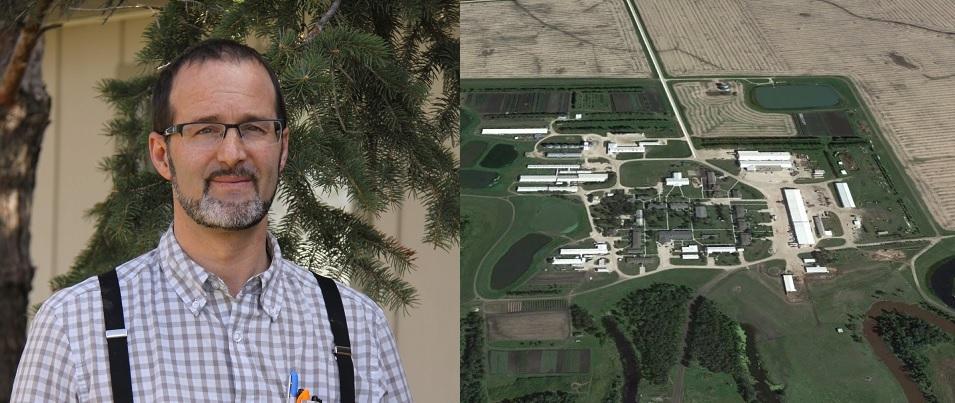This past August, clusters of COVID-19 began to break out across the province after a summer with relatively few infections. The public’s attention, for a time, turned to the situation on Hutterite colonies when Dr. Brent Roussin, at one of his daily press briefings, made the announcement that of the 236 cases at the time in Manitoba, 148 of them were connected to “communal living situations.
One of those outbreaks struck close to home, at the Crystal Springs Hutterite colony. Since that time, Ian Kleinsasser, a member of the Hutterian Safety Council’s COVID-19 taskforce, is pleased to say that the measures taken at Crystal Springs have paid off.
In fact, he says that 100 percent of the community members who were diagnosed with COVID-19 have since made a full recovery.
“We are happy to report that COVID-19 numbers in our community have, after the initial infection, sharply decreased,” Kleinsasser says. “Measures put in place stopped further spread within the community.”
The Hutterian Safety Council’s COVID-19 taskforce was established in March of this year to address the Hutterites’ joint response to the pandemic. Members of the taskforce include spiritual leaders, educators, and business leaders from all three prairie provinces. Their mandate is to gather reliable information on the health crisis and work collaboratively with the provincial health departments in order to help Hutterite communities cope.
As one can imagine, following these provincial health directives is in many ways much more challenging to Hutterite communities than other populations, due to their fundamental belief in approaching all aspects of life collectively.
“Our community, as all Hutterite communities, consists of a close-knit group of people intricately connected,” says Kleinsasser. “We live, work, dine, and worship together daily. The increased isolation and separation necessitated by the COVID crisis has torn deeply at the fabric of our social existence as these are, after all, antithetical to our communal way of life. As a result, we have had to make adjustments to how we worship, eat, and work together.”
At the outset, he says, communal meals at the Crystal Springs colony were completely suspended, with people opting instead to take their meals at home. Communal worship services were also suspended in favour of electronic broadcasts which people could participate in remotely.
As well, the use of masks and gloves were broadly mandated. Trips outside the colony were restricted to only the most essential, and those who took them had to first test negative for the virus.
“Like many Manitobans, the response to the crisis in our community and many others has varied dramatically,” Kleinsasser says. “As human beings, we all deal with stressful situations in different ways. Some people become fearful, others turn to alternative news sources. Yet others give way to denialism. As a Christian people committed to living in close community with each other, we have had to balance the tensions between these different perspectives. For the most part, I am profoundly grateful for the members of our community and how they have responded in the face of profound and unsettling social disruptions.”
Meeting the School Challenge
Come September, the colony was faced with a new challenge: how to adapt schooling for their almost 75 children who are traditionally taught by both Hutterite and non-Hutterite educators.
“In close consultation with Manitoba Public Health, it was deemed prudent to have non-Hutterite teachers start the school term by teaching remotely,” says Kleinsasser. “This difficult decision was made to protect our non-Hutterite teaching staff in case of undetected, lingering infections. At present, we are tremendously grateful to have all our teachers working in our school [again].”
Some communal activities have since resumed as well, but always with the current group size restrictions in mind.
At a time when Manitoba’s infection numbers continue to skyrocket, Kleinsasser is buoyed by the fact that his community is witnessing a dramatic improvement. As well, he is grateful for the support they’ve received from friends, neighbours, and strangers who reached out with gifts and words of encouragement.
“These gestures are deeply appreciated,” Kleinsasser says. “We wish to express our sincere thanks… In unprecedented times likes these, the greatest gift we can give each other is grace and kindness. Fear, too, is a virus that can turn us against each other. Kindness, respect, and understanding are potent antidotes that help us bring comfort and healing to those suffering from illness, anxiety, and fear.”


